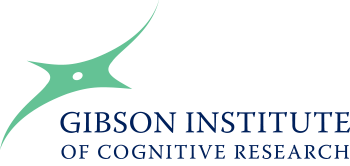In this study, we explored the statistical and clinical significance of cognitive changes and transfer of training to real-life functioning following 60 hours of cognitive rehabilitation training for six patients with mild traumatic brain injury (TBI) or non-traumatic acquired brain injury (ABI). We also explored changes in functional connectivity and neural correlates of cognitive test gains following the training using fMRI. All cognitive test scores showed improvement with statistically significant changes on five of the seven measures (long-term memory, processing speed, reasoning, auditory processing, and overall IQ score). The mean change in IQ score was 20 points. Patients reported improvements in cognition, mood, social identity, work and school performance, and Instrumental Activities of Daily Living (IADLs). With MRI, we documented significant region-to-region changes in connectivity following cognitive training including those involving the cerebellum and cerebellar networks. We also found significant correlations between changes in IQ score and change in white matter integrity of bilateral corticospinal tracts (CST) and the left uncinate fasciculus.
Moore, A.L., Carpenter, D., James, R., Miller, T., Moore, J., Disbrow, E., & Ledbetter, C. (2020). Neuroimaging and Neuropsychological Outcomes Following Clinician-Delivered Cognitive Training for Six Patients with Mild Brain Injury: A Multiple Case Study. Frontiers in Human Neuroscience, 14 (229), 1-15. https://doi.org/10.3389/fnhum.2020.00229
